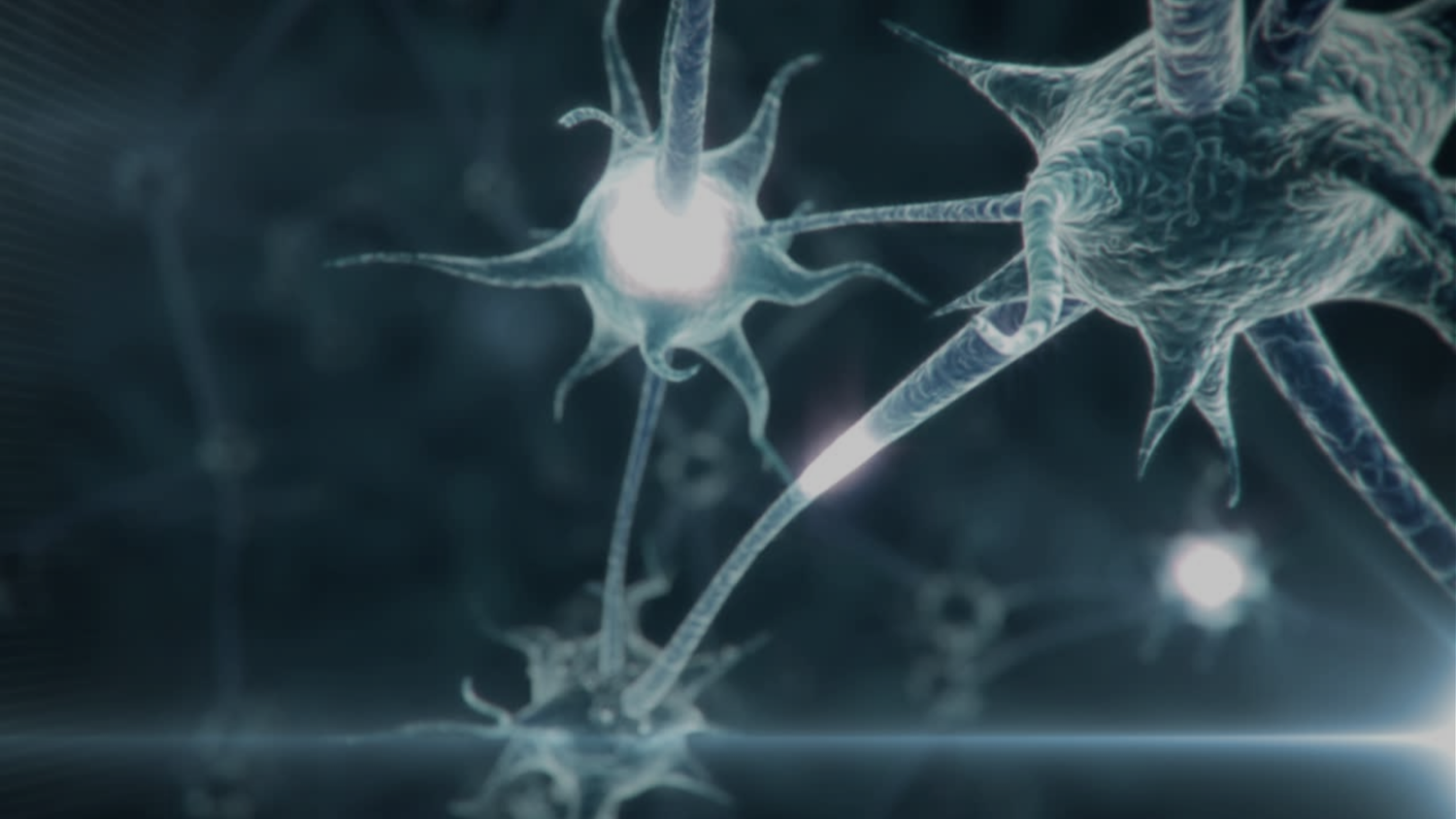Hormones are chemical substances produced in the body's glands that act as messengers. They travel through the bloodstream to reach organs and tissues, where they control and coordinate various body functions, such as growth, metabolism, and reproduction.
The different types of hormones and their functions
Hormones play a central role in the functioning of the body and can be categorized into different groups based on their origin and function. Here are some extended details about the important hormones:
- Insulin: Produced in the pancreas, it is essential for regulating blood sugar levels by promoting the uptake of glucose into cells. Imbalance can lead to diabetes.
- Thyroxine (T4): A thyroid hormone that is essential for metabolism, growth, and development. Low levels can lead to hypothyroidism, while high levels can cause hyperthyroidism.
- Cortisol: Known as the 'stress hormone', produced in the adrenal glands, it helps manage stress responses, affects glucose levels and participates in metabolic function.
- Estrogens and Testosterone: These sex hormones are essential for reproductive functions and secondary sexual characteristics. Estrogens regulate female reproductive processes, while testosterone is important for male development and maintenance of muscle strength and bone density.
- Adrenaline and Noradrenaline: These hormones are produced in the adrenal glands and play an important role in the body's acute stress response by increasing heart rate, dilating airways, and increasing energy production.
Learn more about men and hormones here.
Each type of hormone has a specific mechanism and target organs that they affect, ensuring precise and necessary regulation of the body's functions.
The role of hormones in the body
Hormones are essential for almost every bodily process. They help regulate energy levels, control your sleep cycle, affect your weight and mood, and support reproductive and sexual functions.
How hormones affect your health
Imbalances in hormones can lead to various health problems such as diabetes, thyroid disorders, growth disorders, and psychological conditions such as depression. Therefore, proper diagnosis and treatment of hormonal imbalances is essential.
Learn more about women and hormones here.
Hormones and life stages: From puberty to old age
Hormones play a key role throughout life, from controlling development during puberty to influencing health conditions in old age. Understanding the effects of hormones can help improve quality of life at different stages of life.
FAQ section: Hormones
What exactly are hormones?
- Hormones are chemical messengers produced in the body's glands and play a critical role in regulating important bodily functions.
How are hormones transported in the body?
- Hormones are released into the bloodstream and transported to tissues and organs, where they trigger specific biological responses.
Can hormonal imbalances be treated?
- Yes, hormonal imbalances can often be treated with medication, lifestyle changes, or hormone replacement therapy, depending on the cause and severity of the imbalance.



